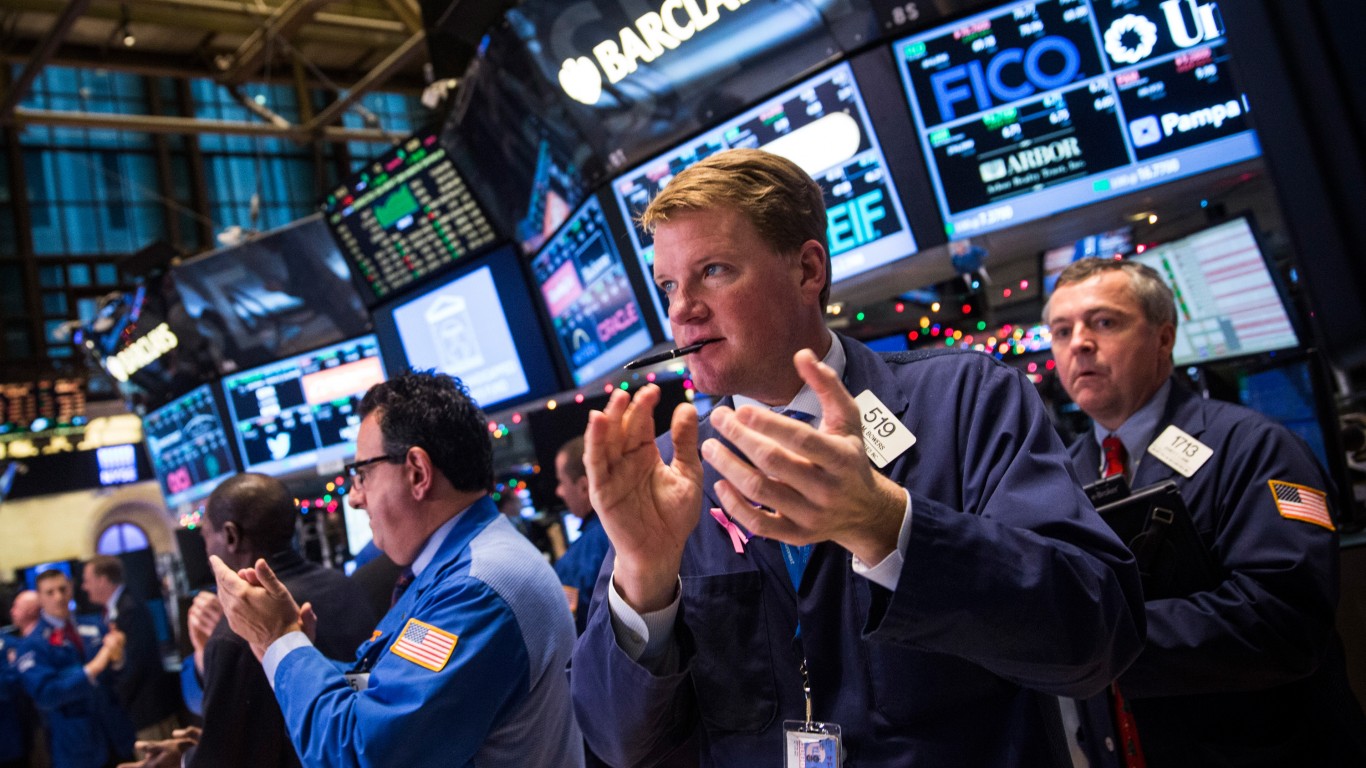
After a company files for an initial public offering (IPO), company executives typically embark on a “roadshow,” meeting with big investors and brokerages to tout the virtues of both their company and the stock. Once the stock begins trading, however, the company and its staff enter what’s known as a quiet period, during which they may not talk about the company or its stock. The quiet period lasts 40 days.
Special-purpose acquisition companies (aka SPACs, or blank-check companies) that combine with a start-up to come public in a reverse merger play by different rules. The U.S. Securities and Exchange Commission (SEC) treats these deals as mergers, not IPOs, and often there is no quiet period at all.
Most investment banks that underwrite IPOs do not issue research, including projections, on the company for a period of 25 days. This is done by custom more than by regulation, but the SEC and the courts appear to be satisfied with the length of the underwriters’ quiet period. When these reports finally are made public, they usually reinforce all the reasons the underwriter chose to participate in the IPO in the first place.
A similar restriction applies to company employees (insiders) who may be prohibited from selling any shares they may own for a time, generally between 90 and 180 days. For SPACs, the lockup period typically lasts between 180 days and a full year. A lockup period is not mandated by SEC rules but is set by the company in its IPO registration and is intended to keep insiders from flooding the market with shares and, in so doing, eroding the share price.
For the week ending July 30, 18 companies had the 25-day underwriter research quiet period end, and another eight will see the insider lockup periods expire.
Here’s a look at two of these companies coming out of their lockup periods. Qualtrics International Inc. (NASDAQ: XM) completed its IPO on January 28 and its lockup period ends Wednesday. The IPO price was $30 a share, and the stock closed at $45.50 on its first trading day. The stock opened Wednesday’s trading at $39.57.
Shoals Technologies Group Inc. (NASDAQ: SHLS) also began trading on January 28. The IPO price was $25 a share, and the stock closed its first day of trading at $33.00. At Wednesday’s opening bell, the stock traded at $26.99.
Among the 18 companies for which the 25-day underwriter quiet period expires this week is the Chinese equivalent of Uber: DiDi Global Inc. (NYSE: DIDI). The company completed its IPO on June 30. Shares were priced at $14 and opened for trading at $16.65, before closing at $14.14. The stock has been pummeled since the Chinese government ordered the company’s app to be withdrawn, followed by rumors of a big fine or even a de-listing of the shares on foreign exchanges. The stock opened at $8.03 a share on Wednesday morning.
Following is a list of the seven company lockup periods that ended or will be ending this week.
| Company | Ticker | Industry |
|---|---|---|
| Crown Electrokinetics | CRKN | Electronics |
| Shoals Technologies | SHLS | Alternative Energy |
| TRX Insurance Brokers | TIRX | Insurance |
| ZIM Integrated Shipping | ZIM | Transportation |
| Vinci Partners | VINP | Financial Services |
| Ortho Clinical Diagnostics | OCDX | Healthcare IT |
| Qualtrics International | XM | Enterprise IT |
Employees and executives who have vested stock options may now begin selling those shares.
Here are the 18 companies for which the underwriter quiet period expires this week.
| Company | Ticker | Industry |
|---|---|---|
| Better Choice | BTTR | Consumer |
| Dingdong | DDL | Transportation |
| DiDi Global | DIDI | Transportation |
| Clear Secure | YOU | Security |
| Aerovate Therapeutics | AVTE | Biopharma |
| SentinelOne | S | Securite |
| Intapp | INTA | Enterprise IT |
| CVRx | CVRX | Medical Devices |
| Xometry | XMTR | Ecommerce |
| Integral Ad Science | IAS | Digital Media |
| LegalZoom | LZ | Software |
| Pop Culture Group | CPOP | Entertainment |
| Krispy Kreme | DNUT | Consumer |
| Torrid Holdings | CURV | Consumer |
| Acumen Pharmaceuticals | ABOS | Biopharma |
| EverCommerce | EVCM | Enterprise IT |
| Glimpse Group | VRAR | Digital Media |
| Eco Wave Power | WAVE | Alternative Energy |
Note that Better Choice is traded over the counter.
Are You Still Paying With a Debit Card?
The average American spends $17,274 on debit cards a year, and it’s a HUGE mistake. First, debit cards don’t have the same fraud protections as credit cards. Once your money is gone, it’s gone. But more importantly you can actually get something back from this spending every time you swipe.
Issuers are handing out wild bonuses right now. With some you can earn up to 5% back on every purchase. That’s like getting a 5% discount on everything you buy!
Our top pick is kind of hard to imagine. Not only does it pay up to 5% back, it also includes a $200 cash back reward in the first six months, a 0% intro APR, and…. $0 annual fee. It’s quite literally free money for any one that uses a card regularly. Click here to learn more!
Flywheel Publishing has partnered with CardRatings to provide coverage of credit card products. Flywheel Publishing and CardRatings may receive a commission from card issuers.
Thank you for reading! Have some feedback for us?
Contact the 24/7 Wall St. editorial team.

 24/7 Wall St.
24/7 Wall St.



